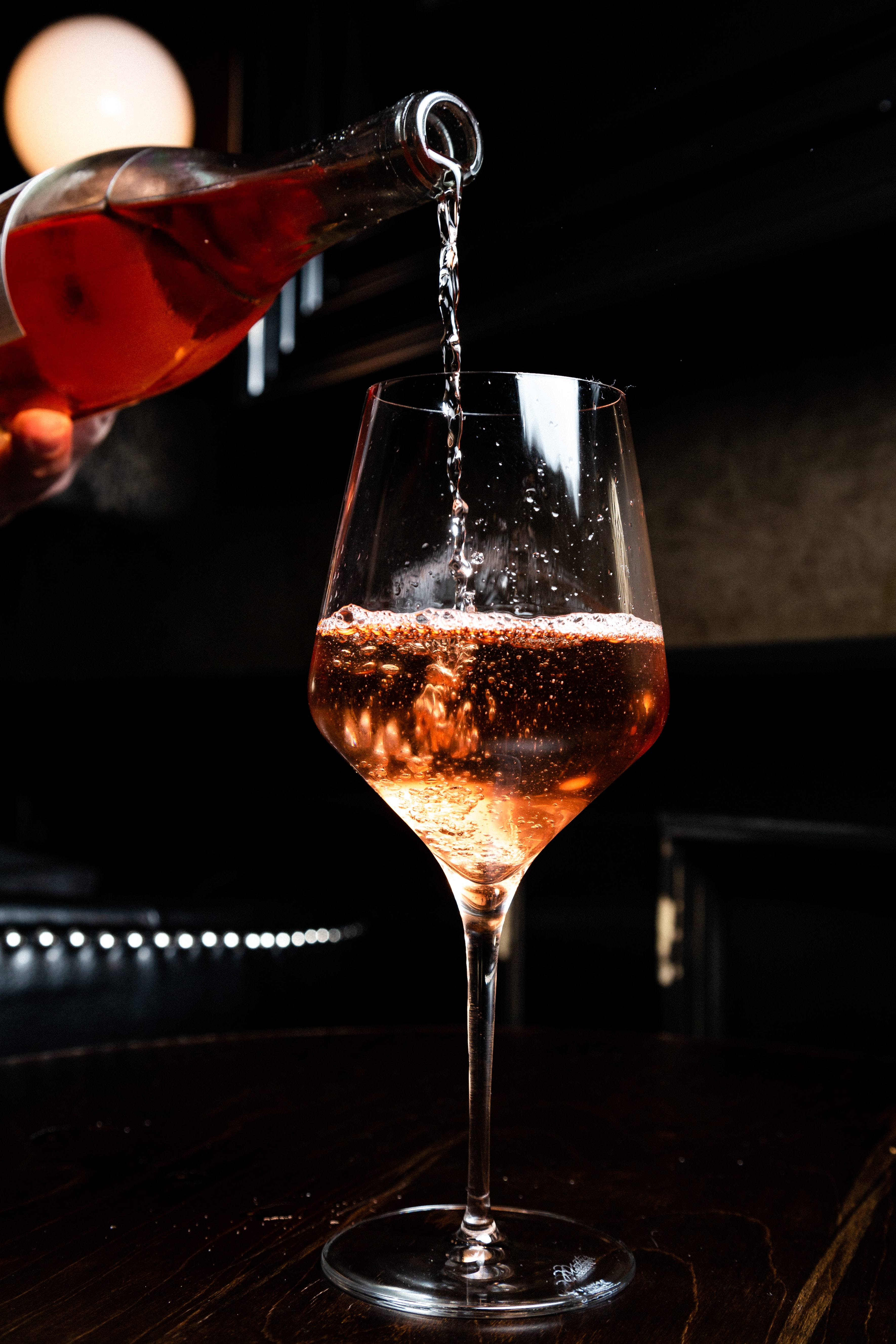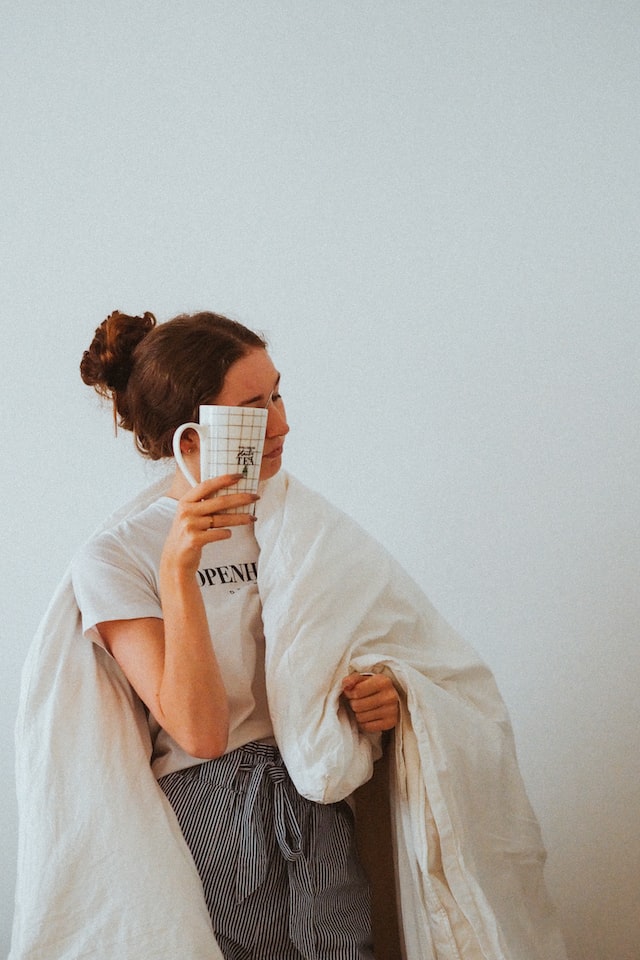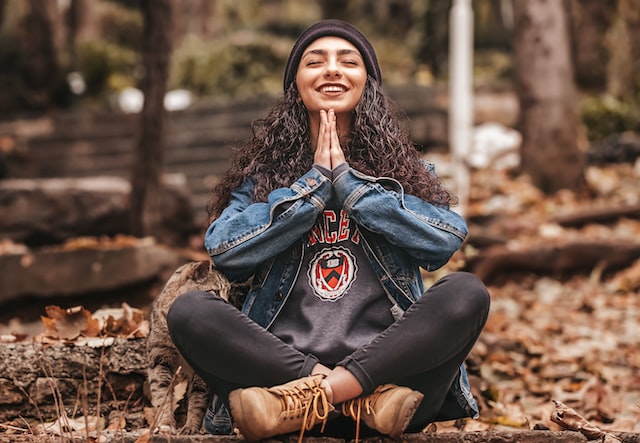How Can I Sleep Better?
Alcohol and Sleep
Entry 4 in this series is going to take you through the world of alcohol in relation to sleep. We’ve talked about a common way to keep yourself awake, caffeine, so let’s talk about a common tool people use to help them sleep. We’ll break down what alcohol does in the brain, the misconceptions surrounding it, and the truth of how alcohol “helps you sleep”.
Picture this: You’ve just got home from a particularly hard day at work. You’re stressed, tired, overwhelmed, and you get the sense that an early bedtime is just the trick to make you feel better. You eat dinner and drink a glass of red wine because it complements the beef dish so well. You do the dishes, complete your bedtime routine, and go to bed. In minutes, you’re out like a light. You’re not even able to follow through with the thought process of “maybe I should have a nightcap before bed”. You wake up in the morning and you feel better, and you slept through the night no problem! This scenario is common for many people in the world so when they hear that alcohol doesn’t help them sleep, they tend to be perplexed or even defensive. “I sleep so well when I have some wine before bed! I never sleep through the night unless I have some wine. How can it not help me sleep?” The truth is that alcohol is a sedative and the sleep it produces is not naturalistic sleep but is more akin to sedation. The difference between sedation and sleep is significant.
bed! I never sleep through the night unless I have some wine. How can it not help me sleep?” The truth is that alcohol is a sedative and the sleep it produces is not naturalistic sleep but is more akin to sedation. The difference between sedation and sleep is significant.
Pop quiz! What does the electrical activity in your brain look like while you’re asleep? If your answer was somewhere in the ballpark of “active”, you’d be right! It is often assumed that because you’re asleep and not moving, your brain activity is similarly dormant. However, if you were to look at your brain waves while you’re sleeping, you will see that there is a plethora of activity. REM sleep is known as dream sleep, and it is also the most active period of the night for our brain. The difference between REM activity and waking activity in your brain is very close. How does this relate to alcohol? Since alcohol sedates you, that means your brain activity is severely reduced. In fact, like marijuana, alcohol is an effective blocker of REM sleep. In an upcoming post, we’ll discuss what each of these stages of sleep do but for now, think of REM as the stage of sleep that addresses your emotions, memories, and creativity. Alcohol consumption too close to bedtime will block your REM sleep by up to 30% and as a result, you will feel tired. Your sleep will also  be significantly fragmented because you will wake up more times through the night on average than you would without alcohol. Alcohol also can perpetuate a caffeine addiction because your quality of sleep is so poor, you reach for a morning cup of joe to feel awake, but it takes more than one cup. It’s a vicious cycle that feeds on these seemingly necessary decisions to function when, you will function better if you don’t drink alcohol to sleep.
be significantly fragmented because you will wake up more times through the night on average than you would without alcohol. Alcohol also can perpetuate a caffeine addiction because your quality of sleep is so poor, you reach for a morning cup of joe to feel awake, but it takes more than one cup. It’s a vicious cycle that feeds on these seemingly necessary decisions to function when, you will function better if you don’t drink alcohol to sleep.
So, what’s the recommendation? How long before bed should you stop drinking alcohol, so you don’t impair your sleep? The answer to that is one many don’t like to hear. As a therapist, I can’t tell you to go to the pub in the morning to have your alcohol, soit’ll be out of your system, but as a sleep enthusiast, and someone who has read the data, that’s the best course of action. Giving yourself several hours to metabolize the alcohol out of your system will improve your sleep so the earlier in the day the better.
Next time you feel the urge to drink alcohol to help you sleep, remember that it blocks your REM sleep and reduces the overall quality of your sleep. Try meditation, mindfulness exercises, breathing exercises, or imagining yourself walking through a familiar outdoor  environment. With that I will say thank you for reading this entry and I wish you a good night’s sleep!
environment. With that I will say thank you for reading this entry and I wish you a good night’s sleep!
-Kevin
Fun fact for your next party: Alcohol can make you have intense dreams if you consume it too lose to bedtime because while your body is processing the alcohol, you get extraordinarily little to no REM sleep. Once your body is done processing the alcohol, then you experience a sleep rebound and your brain tries to make up the REM sleep it lost.
 Click to Book!
Click to Book!